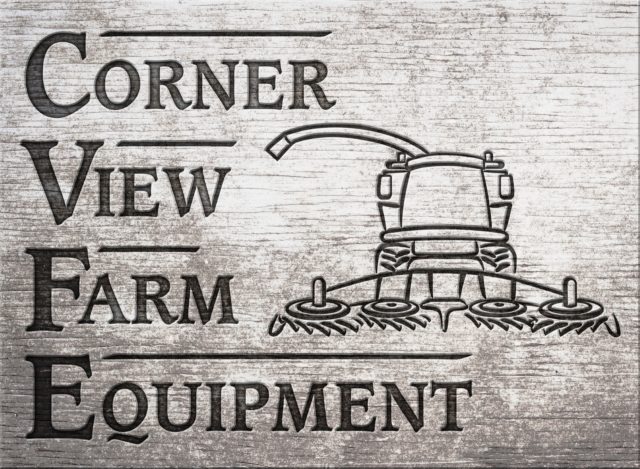Progressive Forage Grower Editor Lynn Jaynes recently talked with Don about the association highlights and challenges during his career, and the current state of the industry.
Q What are some of the changes you’ve seen during your tenure with the National Hay Association?
A Kieffer: In the 1980s, dairy consultants told the dairies that they either had to be in the dairy business or the hay business because they could not attempt to excel at both.
As a result, dairies increased animal numbers and purchased feed from commercial hay producers and suppliers. Commercial hay sellers, with this increased demand, fine-tuned hay packaging, quality control and other elements to benefit both the suppliers and the dairies.
Q How has expansion of the export market influenced the industry?
A Kieffer: The National Hay Association opened the hay export market to the Pacific Rim through feed trials using U.S. alfalfa in dairy rations.
A proven increase in milk production and animal conditions was the result. Those tests opened new markets for U.S. hay forage products and set high standards for U.S. producers who hoped to enter the export market.
Q Where do you think research is headed for the hay industry?
A Kieffer: As a result of trimming government costs, hay research is limited to agricultural universities and private companies. Hopefully, the forage industry will benefit as a result of their projects.
Q Will the hay industry develop a lobbying interest?
A Kieffer: Probably not. Hay is not receiving funds from a checkoff program that would be directed to a lobbying effort. The hay industry has no interest in government intervention in their business.
Q What will the younger generation of farmers contribute?
A Kieffer: They are invaluable. Of more than 30 living National Hay Association past presidents, almost all are still involved in their family hay businesses.
Most of our current board members are also successful industry leaders who had a start in family-owned businesses. They have an amazing insight into the future of U.S. forage products and the demands of their responsibility to the National Hay Association members.
Q How are current supplier cost increases affecting hay profits?
A Kieffer: Obviously, rising fuel, energy, equipment, fertilizer and other costs affect every hay marketer. These problems are not new challenges for the industry, as prices rise every year.
By working smarter, applying new technology and staying up-to-date with industry information, hay producers do well. The National Hay Association provides a great source of communication with dairy, beef and horse businesses so that all can communicate and succeed.
Q Do you foresee hay shortages?
A Kieffer: The U.S. produces enough hay to meet today’s demand. More effort must be made to reduce waste, however. The farmer cannot lose the high cost of harvesting a crop to weather damage or neglect.
Q What are some of the biggest challenges for hay producersin the future?
A Kieffer: Water supplies are a main concern for hay and all agricultural crops. U.S. agricultural exports could suffer because of production reductions due to water restrictions. Our agricultural exports contribute to a positive balance of trade and help feed the world.
Q What does the National Hay Association do for an individual farmer?
A Kieffer: Members of the National Hay Association have been networking with each other since 1895, and they still are. Members of NHA can be confident in doing business with each other across the nation.
From a small family farm to a big exporter, all members of the National Hay Association are welcome and very valued members.
Every member receives a monthly newsletter and is encouraged to attend twice-annual meetings. The NHA office is available by phone during business hours for questions pertaining to anything.
The NHA has a valued Arbitration Committee also. Members who have conflicts come before this group. Not one dispute has come before this committee in over 15 years. For all farmers of hay in the entire country, the NHA has worked for them. The U.S. government accepts the NHA as the spokesgroup for all hay produced in the U.S.
Q What have you found rewarding about your tenure?
A Kieffer: Our invaluable friendships. My wife, Trish, and I were married just at the time I started working for the National Hay Association.
We’ve traveled across the country setting up meetings, conventions and made other memorable trips across the world to Morocco, Korea, Mexico, Costa Rica, and more. The friends that we have made will be friends for the rest of our lives.
Thank you, Don, for your professional dedication to the industry. We wish you well in your retirement. FG










